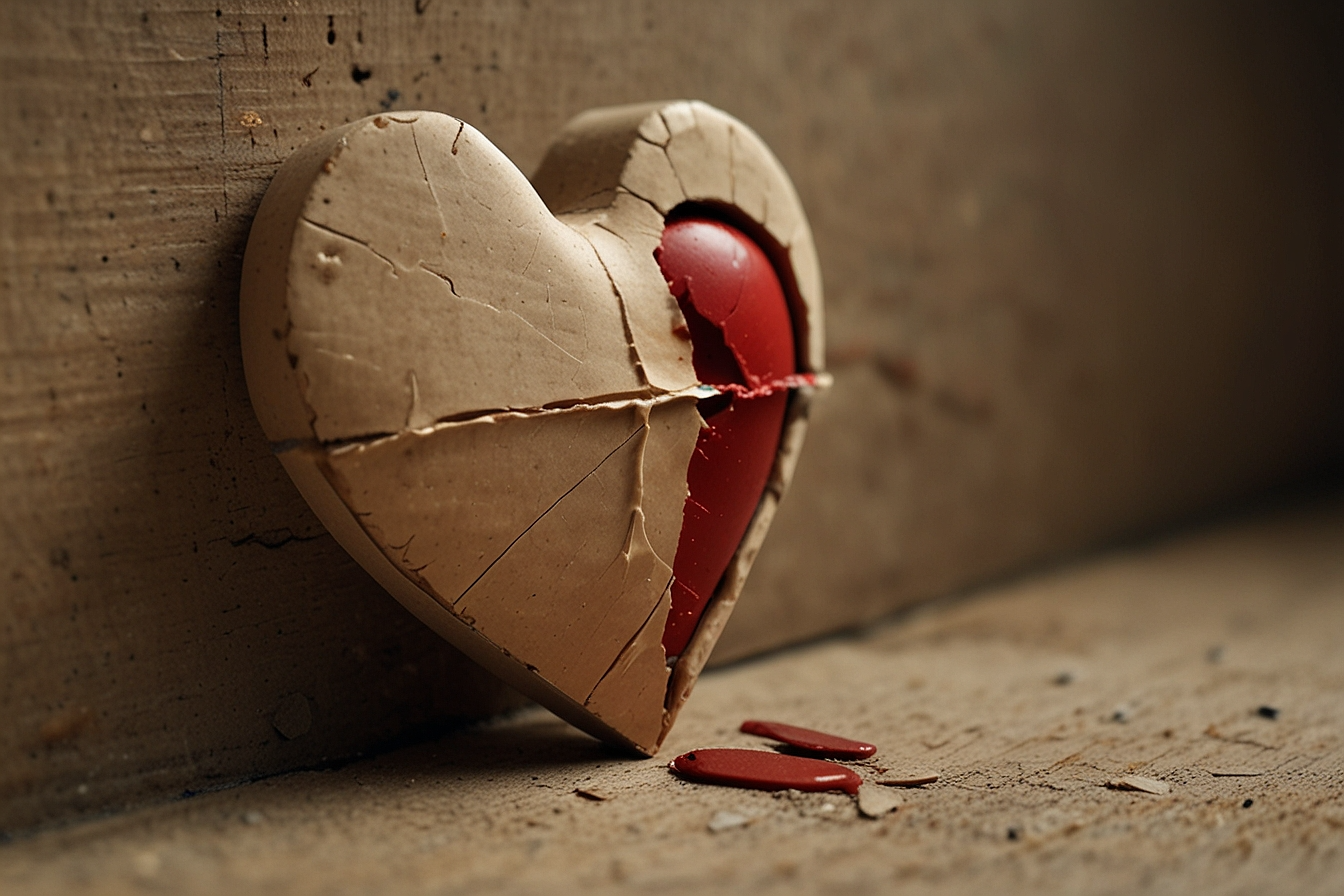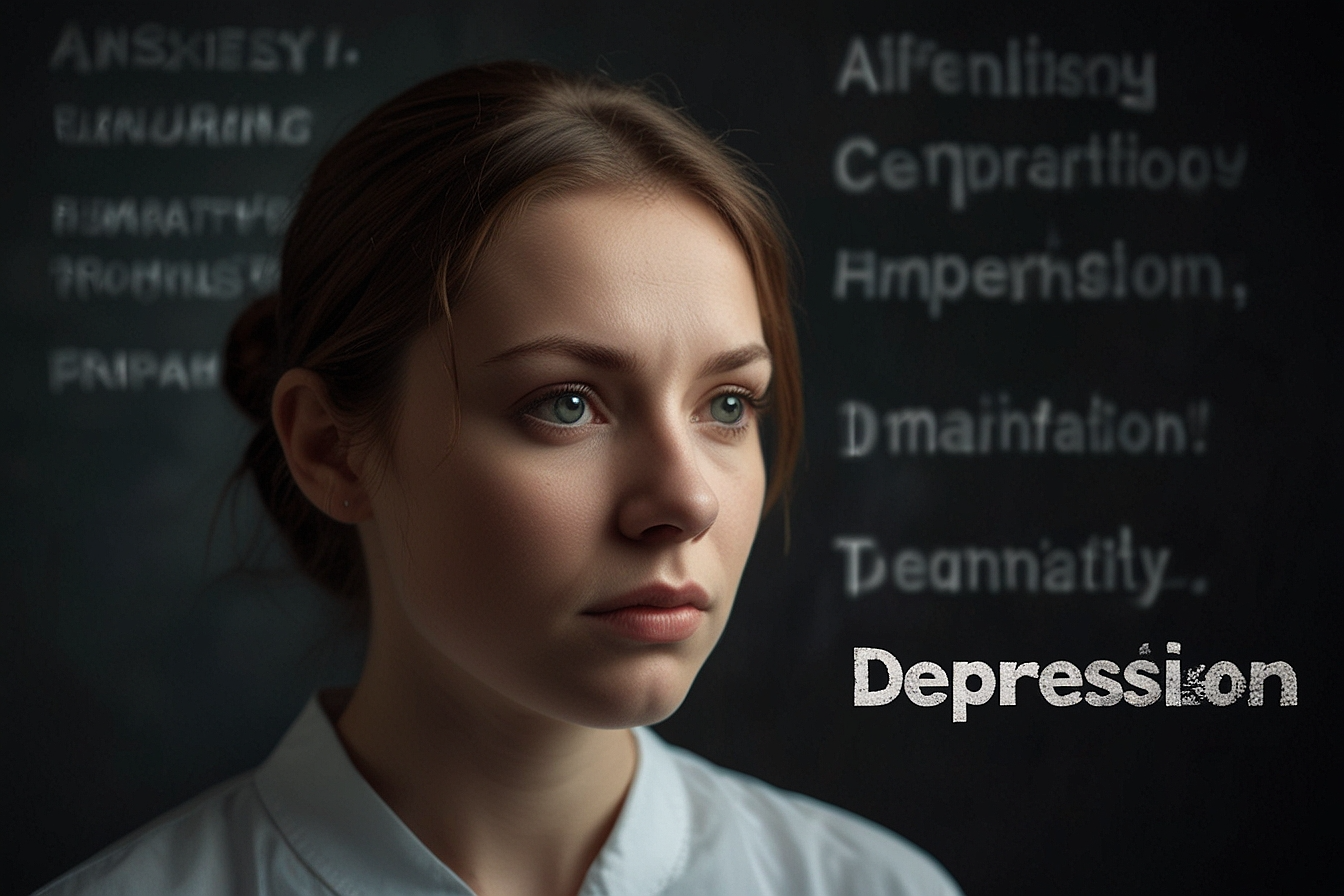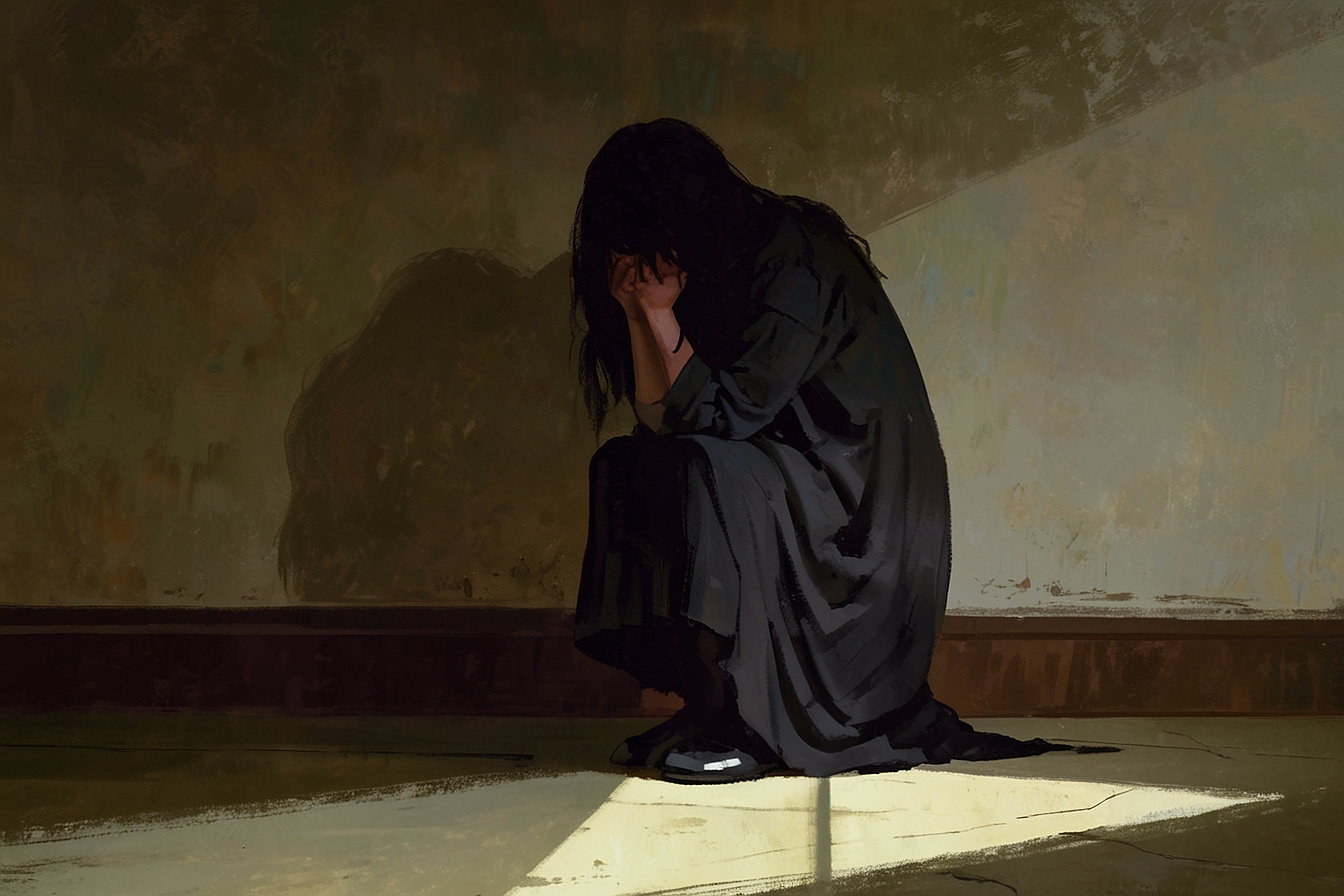The Hidden Scars: Confronting the Reality of Emotional Damage
Imagine a world where the wounds that hurt the most are not physically injured but the ones we cannot see. A world where the scars that run deepest are not those on our skin but those etched into our hearts and minds. This is the reality for countless individuals who have endured emotional trauma, suffering in silence as they navigate the aftermath of emotional distress.
Emotional damage is a silent epidemic, affecting people from all walks of life. It knows no boundaries, sparing neither the young nor the old nor the rich. The causes are as varied as they are devastating: abuse, neglect, traumatic experiences, and the stresses of modern life can all take a toll on our emotional and physical reactions and well-being.

The effects of emotional damage are far-reaching and can impact every aspect of our lives. From anxiety and depression to physical pain and substance abuse, the consequences of unaddressed emotional harm can be severe and long-lasting.
But there is hope. By understanding the nature of emotional damage, recognizing the warning signs, and seeking the right support, we can begin the journey toward healing and recovery. It takes courage to confront the pain emotional suffering of the past and the challenges of the present, but with the right tools and support, it is possible to reclaim our lives and build a brighter future.
In this post, we will explore the causes and effects of emotional damage and provide practical strategies for healing and self-care. Whether you are struggling with your emotional and mental distress, or seeking to support a loved one, this guide will provide the knowledge and resources you need to take the first steps toward emotional well-being.
What is Emotional Damage?

Defining Emotional Damage
Emotional damage is a person’s mental suffering from a hurtful event or experience. It’s a type of psychological trauma that can make it hard for someone to deal with their negative emotions and live a normal life.
Emotional damage is different from physical harm. It affects a person’s thoughts and feelings, rather than their body. However, it can still cause real symptoms physiological harm, like anxiety, depression, and even physical pain.
Causes of Emotional Damage
Many different things can cause emotional damage. Some common causes of emotional response include:
- Living through or seeing a scary or upsetting event
- Dealing with a lot of stress at work or in personal life
- Experiencing abuse, neglect, or mistreatment, especially as a child
- Facing discrimination, racism, or unfair treatment
- Going through hard life changes like losing a job or loved one
Trauma in childhood can have a particularly strong and lasting impact on emotional well-being and behavior. If not dealt with, it can make a person more likely to have emotional damage later in life.
Recognizing Emotional Damage
The signs of emotional damage can be different for each person. Some common ones to look out for include:
- Frequent sadness, anger, fear, or other strong emotions
- Pulling away from friends, family, and activities
- Having scary thoughts or nightmares about the upsetting event
- Trouble focusing or remembering things
- Feeling on edge, anxious, or easily startled
- Changes in eating or sleeping habits
- Low self-esteem and not feeling good about oneself
It’s important to know that having these signs doesn’t always mean a person has suffered emotional damage. They could also be symptoms of other mental health issues. If you think you or someone you know may be struggling with emotional damage, it’s best to talk to a doctor or counselor to get help.
Effects of Emotional Damage

Emotional damage can have a big impact on a person’s life. It can affect cognitive functioning of their mind, body, and relationships in many ways.
Some common effects of emotional damage include:
- Mental health issues like anxiety, depression, and post-traumatic stress disorder (PTSD). These can make it hard for a person to feel happy, calm, or safe.
- Physical health problems like headaches, stomach aches, and trouble sleeping. The body and mind are closely linked, so emotional pain can sometimes cause physical symptoms too.
- Difficulty trusting others and forming close relationships. Someone who has been hurt emotionally may pull away from friends and family. They may have a hard time opening up or feeling safe with others.
- Low self-esteem and negative thoughts about oneself can cause emotional damage, making a person feel worthless, hopeless, or like something is wrong with them.
- Unhealthy coping behaviors like using drugs or alcohol, hurting oneself, or taking risks. These may temporarily numb the pain but can cause more harm in the long run.
The effects can last long if the can trigger emotional distress and damage is not addressed. Sometimes, a person may need professional help to work through their emotional pain and learn healthy ways to cope. With support and treatment, it is possible to heal from emotional damage and improve overall well-being.
Healing from Emotional Damage

Healing from the emotional stress and damage is possible with the right support and strategies. It may take time, but there are steps you can take to start feeling better.
Self-Healing Strategies
Here are some things you can do on your own to help heal from physical injuries and emotional damage:
- Practice self-care. Take care of your body and mind by eating well, getting enough sleep, and doing activities you enjoy. This can help boost your mood and energy.
- Express your feelings. Find healthy ways to express your emotions, like talking to a trusted friend, writing in a journal, or making art. Holding in painful feelings can make them worse.
- Challenge negative thoughts. Notice when you have negative thoughts about yourself or your situation. Ask yourself if they are true. Try to replace them with more balanced, hopeful thoughts.
- Build a support system. Surround yourself with caring people who listen to you and help you feel good about yourself. Avoid people who put you down or treat you badly.
- Practice relaxation. Try deep breathing, meditation, or other relaxation techniques to calm your mind and body. This can help with anxiety and stress.
Seeking Professional Help
Sometimes, emotional distress and damage is too big to handle alone. A mental health professional can support and guide your healing journey. They can help you:
- Work through painful memories and experiences in a safe space
- Learn coping skills to deal with difficult emotions and situations
- Identify and change negative thought patterns and behaviors
- Improve your relationships and communication skills
- Develop a plan to reach your goals and improve your quality of life
Different types of therapy can help with emotional damage from brain trauma. Some common ones are cognitive-behavioral therapy (CBT), trauma-focused therapy, and eye movement desensitization and reprocessing (EMDR). A therapist can help you find the right approach for your needs.
If you are having thoughts of suicide or self-harm, reach out for help right away. Call a crisis hotline or go to the nearest emergency room. You don’t have to face this pain alone.
Healing from emotional damage is a process, but it is possible. With self-care, support from family members, and professional help if needed, you can start to feel better and build a life of meaning and joy.
Conclusion

Emotional damage is a serious issue that affects many people’s lives in profound ways. It can stem from traumatic experiences, chronic stress, abuse, and other difficult circumstances. The effects of emotional damages are wide-ranging, impacting mental health, physical well-being, relationships, and overall quality of life.
However, healing from personal injury is possible with the right strategies and support. Self-care practices like expressing emotions, challenging negative thoughts, building social connections, and managing stress can help recover. For many people, professional help from a therapist or counselor is also an important part of overcoming emotional damage.
If you are struggling with emotional pain, know that you are not alone and that there is hope. Reaching out for support, developing healthy coping skills, and being patient with yourself can help you work through the healing process. With time and effort, it is possible to emerge stronger, wiser, and more resilient from emotional damage. Remember, your feelings are valid and you deserve to live a life of emotional wellness and fulfillment.






Leave a Reply